Yong-Yu Liu
University of Louisiana at Monroe, College of Pharmacy
Project Title
Epigenetic Effects of Ceramide Glycosylation and Drug-Resistant Cancer Stem Cell
Mentor
S. Michael Jazwinski, Ph.D., Tulane University School of Medicine, Center for Aging
Funding Period
Project R6 (Sept 1, 2006 - April 30, 2012)

Abstract
Acquired drug resistance with metastasis causes cancer chemotherapy failure. Anticancer drugs kill large populations of cancer cells; however, epigenetic effects of these drugs drive a small fraction of cells to resistance. Resistance to adverse factors is a characteristic of stem cells, but aggravated behaviors in chemo-refractory cancers indicate these incurable cancers are generated from a particular subtype of stem cells, drug resistant cancer stem cell (DR-CSC). It is hypothesized that epigenetic effect of anticancer drugs induces the formation of drug-resistant cancer stem cell; this unrecognized subtype of CSCs generates an aggressive and incurable cancer, and consequently results in treatment failure. Three specific aims will be used to test these hypotheses in cell and animal models of breast cancer. Specific aim 1) is to isolate and identify drug-resistant breast cancer stem cell (DR-BCSC) from cancer cells treated with anticancer drugs; aim 2) is to induce DR-BCSC in mammary tumor in vivo; aim 3) is to examine epigenetic mechanisms underlying the formation of DR-BCSC in cells and animal models. Preliminary studies show that doxorubicin (Dox) exposure promotes the generation of CD44+/MDR1+/SSEA-3+ cells that display aggressive drug resistance; silencing glucosylceramide synthase (GCS) gene, that regulates ceramide glycosylation and glycosphingolipid synthesis, eliminates drug-resistant tumor formation in vivo. To verify these findings, DR-BCSC cells will be isolated from other Dox-resistant cell lines of breast cancer. Stemness of DR-BCSC will be examined using assays of colony formation, tumor formation, angiogenesis, and migration. Inducing DR-BCSC in vivo can provide direct evidence of the significance of DR-BCSC on cancer treatment. Low-dose and long-term treatment with Dox will be used to induce DR-BCSC in mice with spontaneous breast adenocarcinoma (Brca1-/-;p53-/-). Mechanisms of Dox impact on DR-BCSC formation will be examined in cell and mouse models. It will show the regulatory roles of glycosphingolipid-enriched microdomains, rafts, oncogenes (c-ras, c-src), Wtn and Notch on DR-BCSC genesis and progression. Completion of this project will help determine how chemo-refractory tumor prompts cancer death. Silencing of genes that regulates DR-BCSC will investigate a novel therapeutic approach to eliminate incurable breast cancer.
